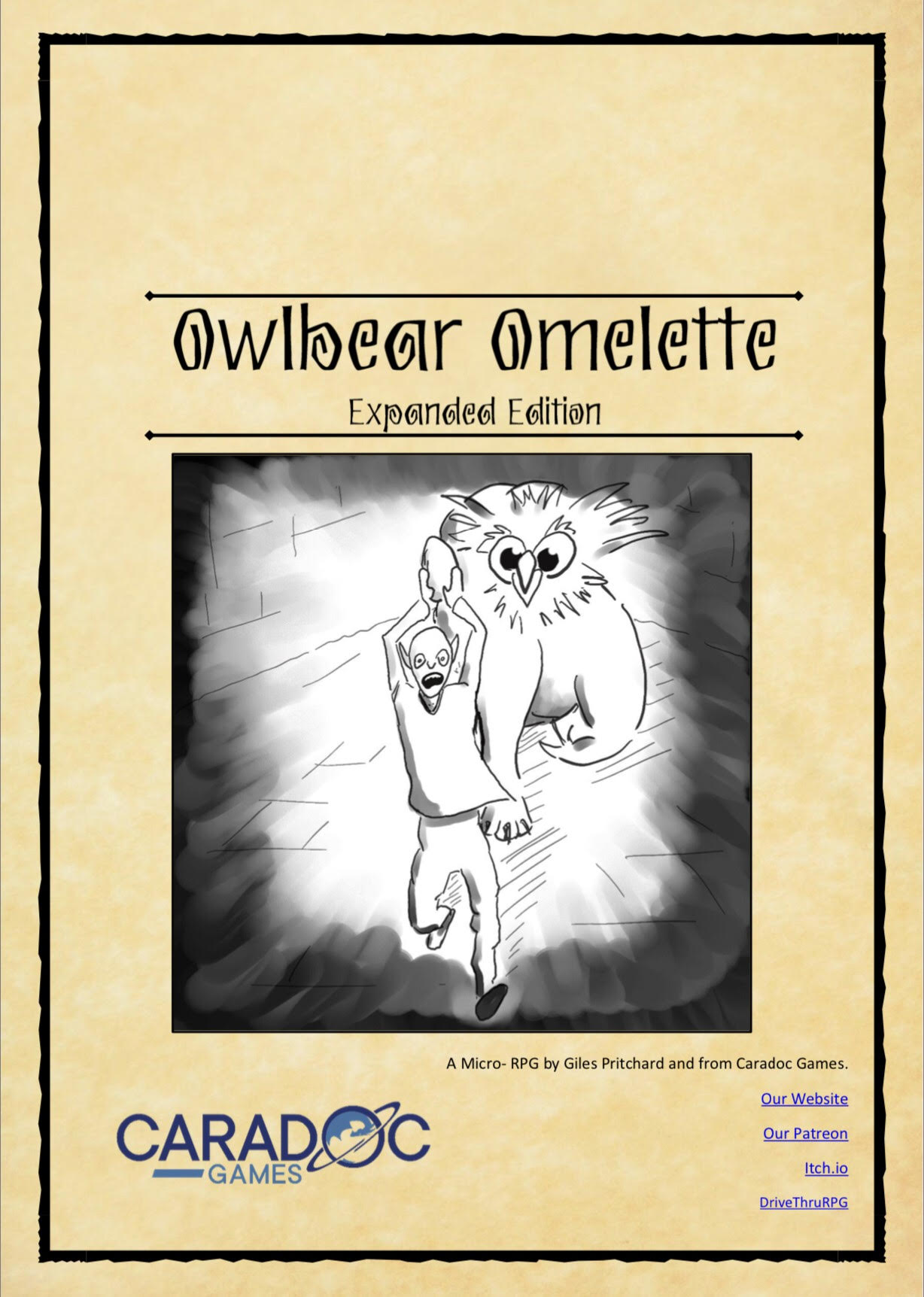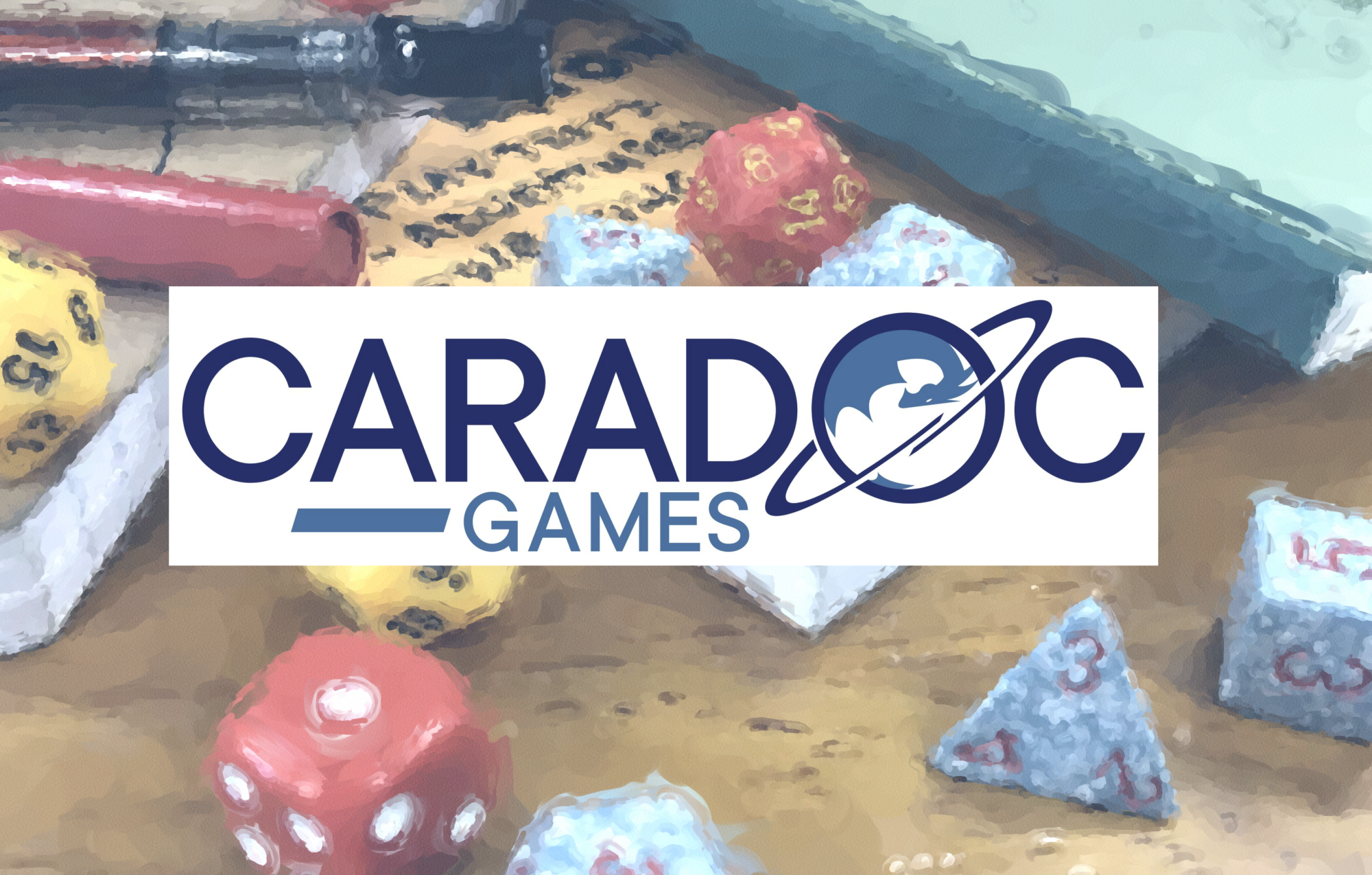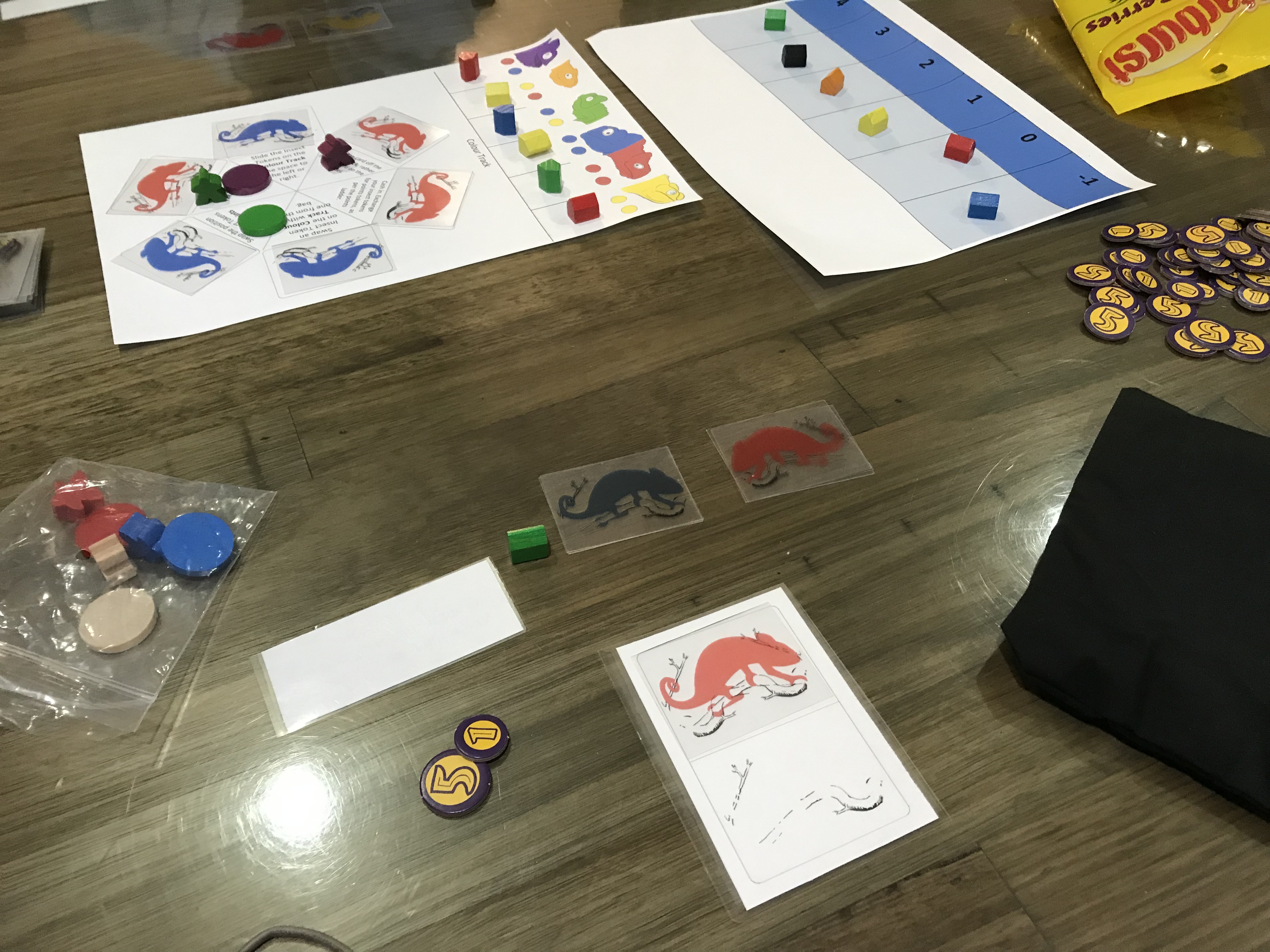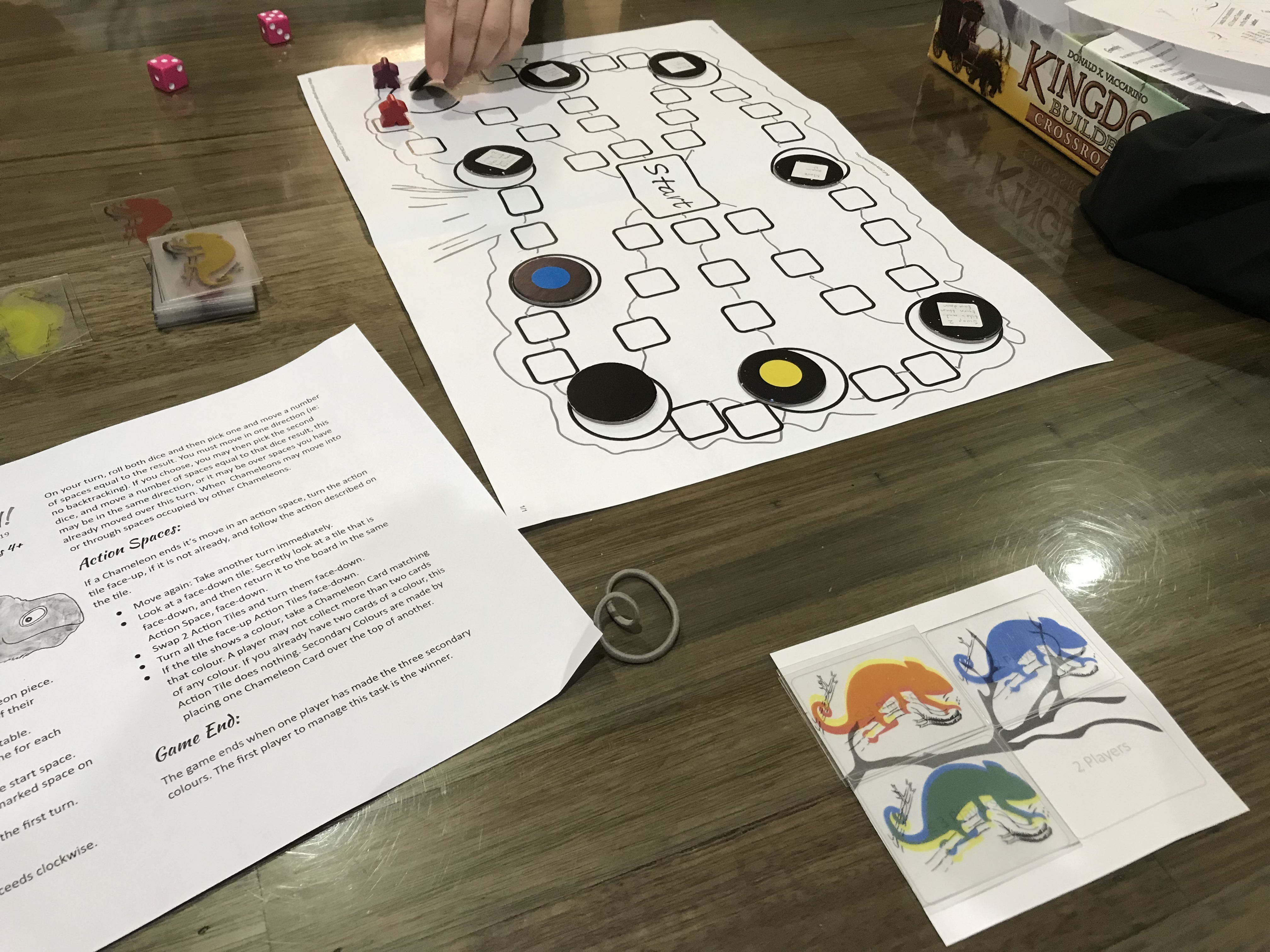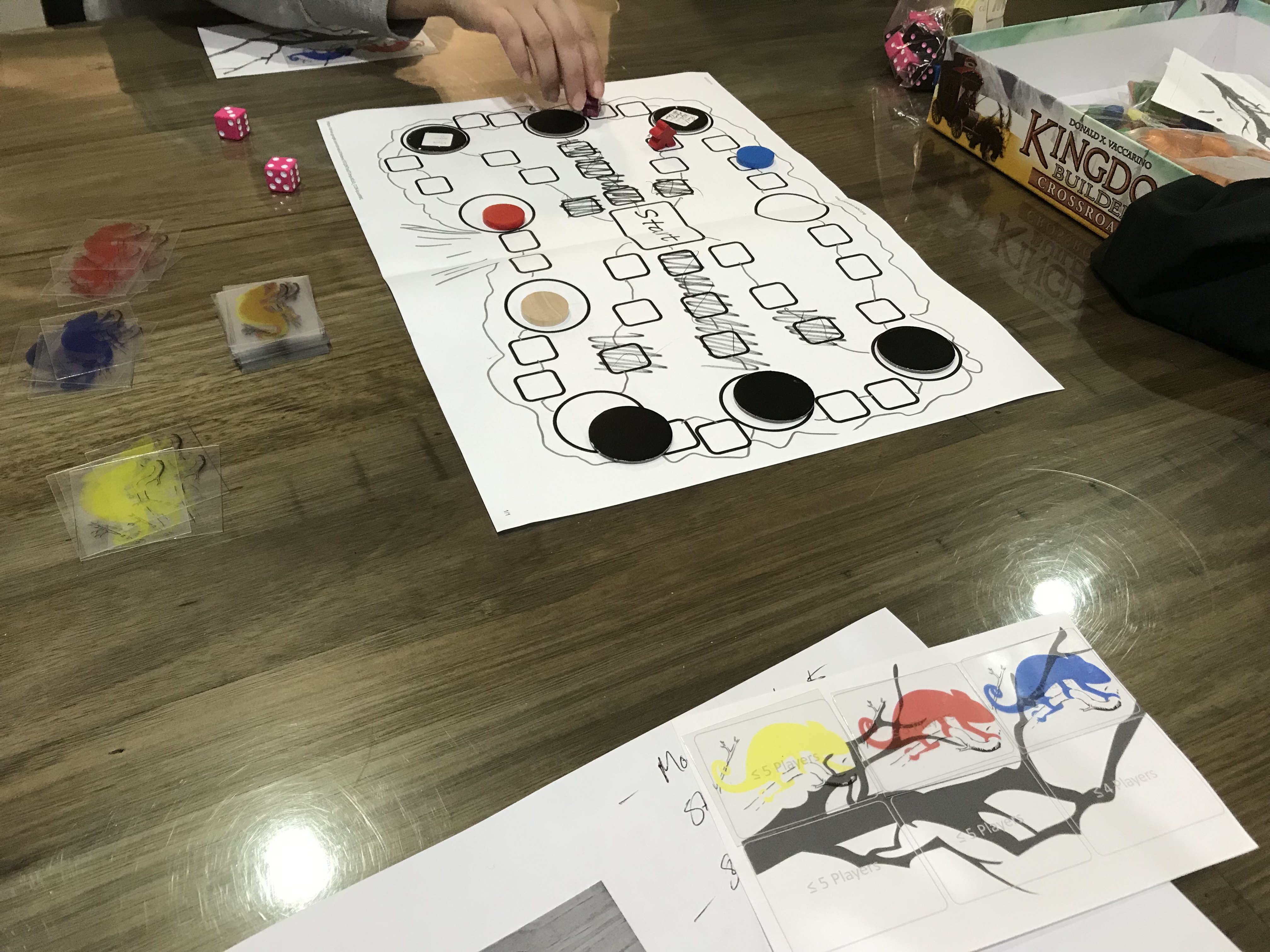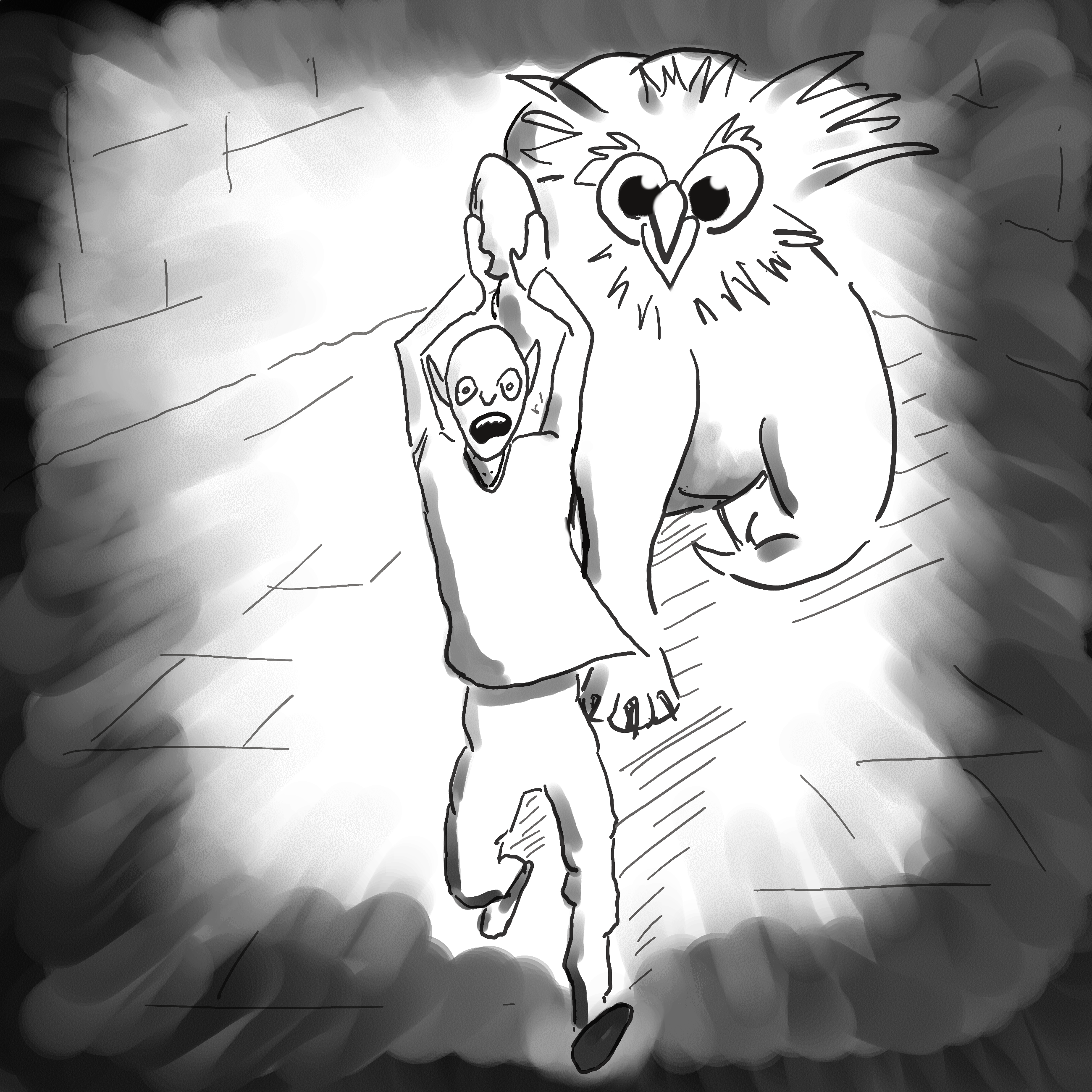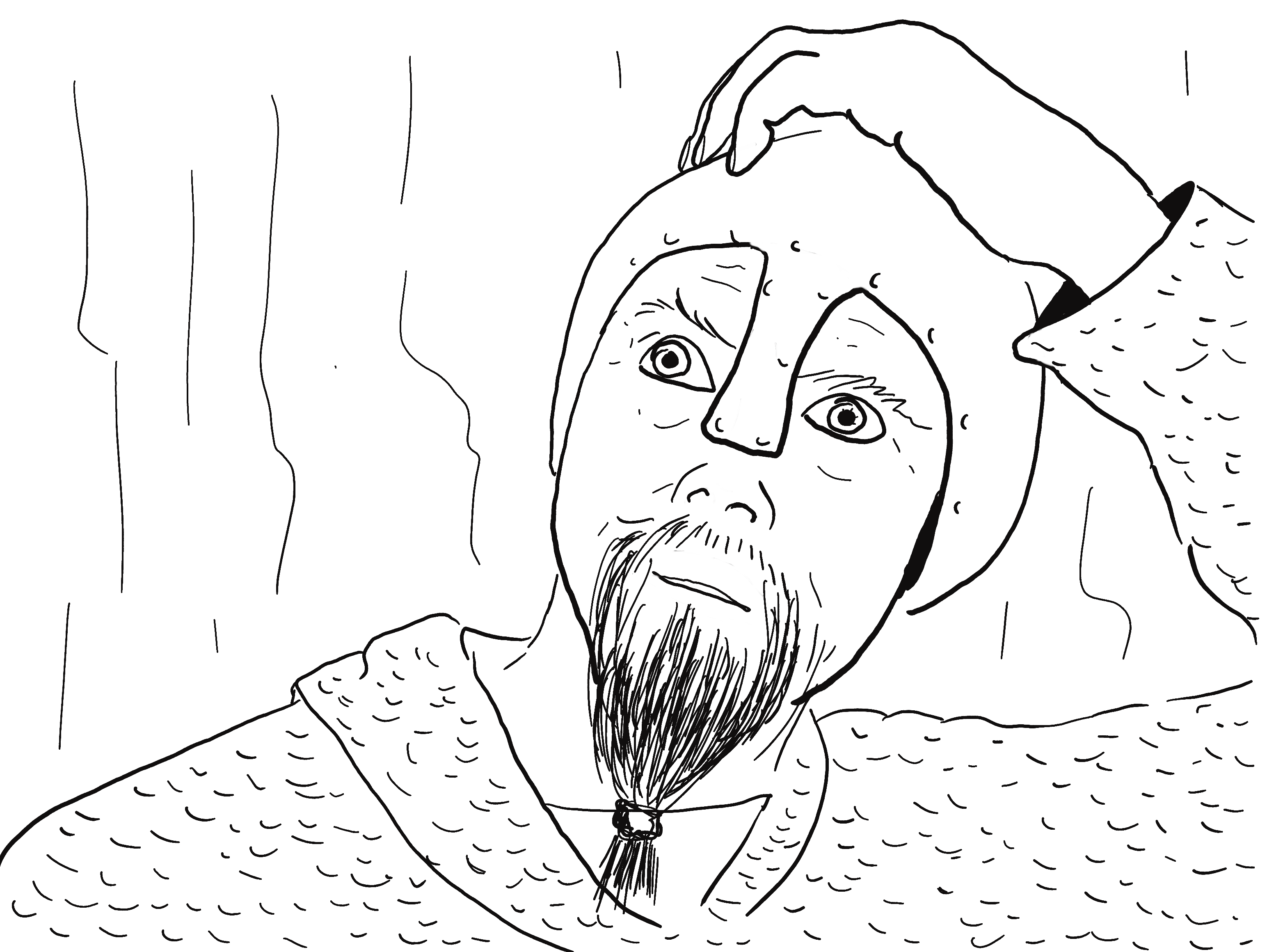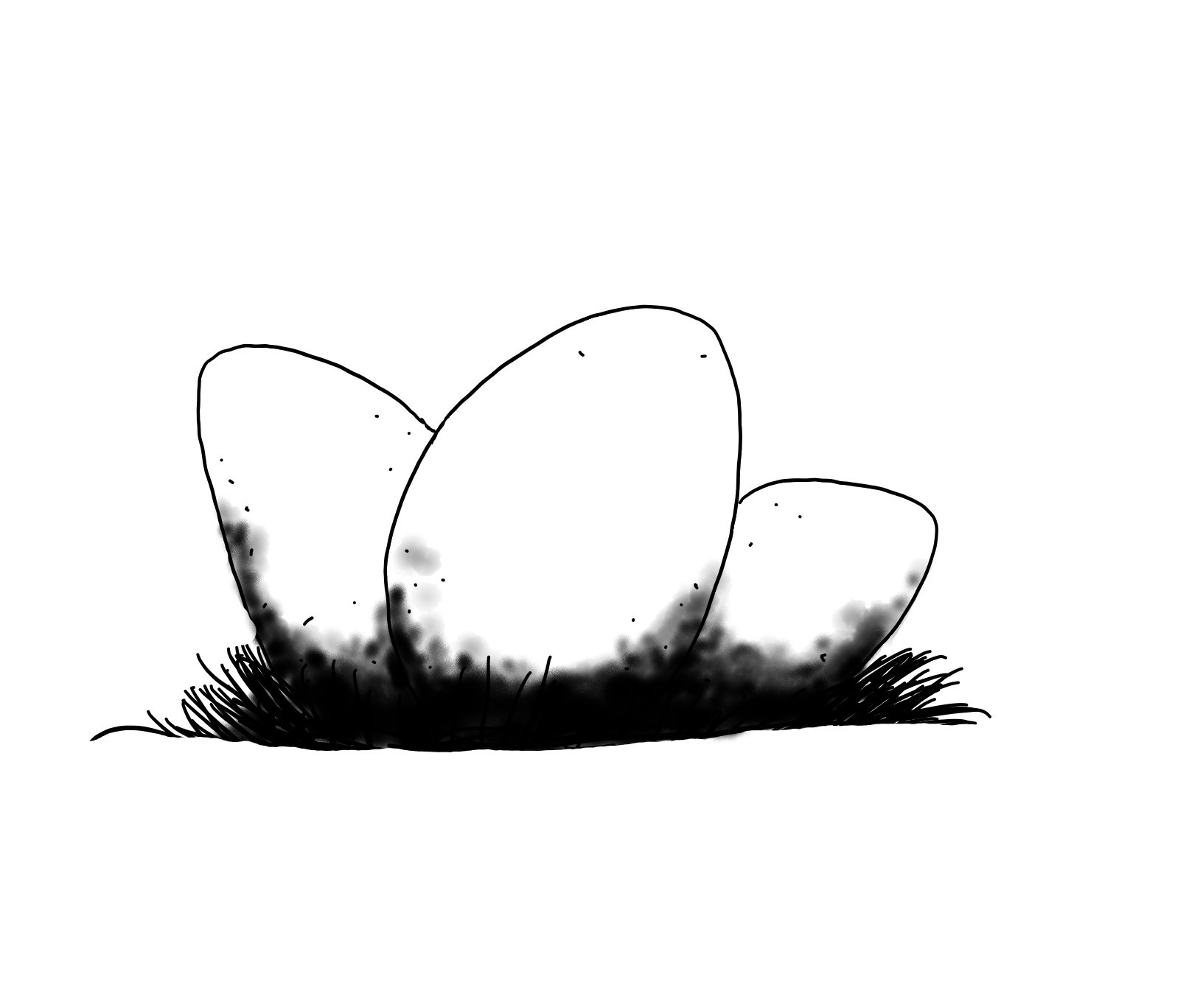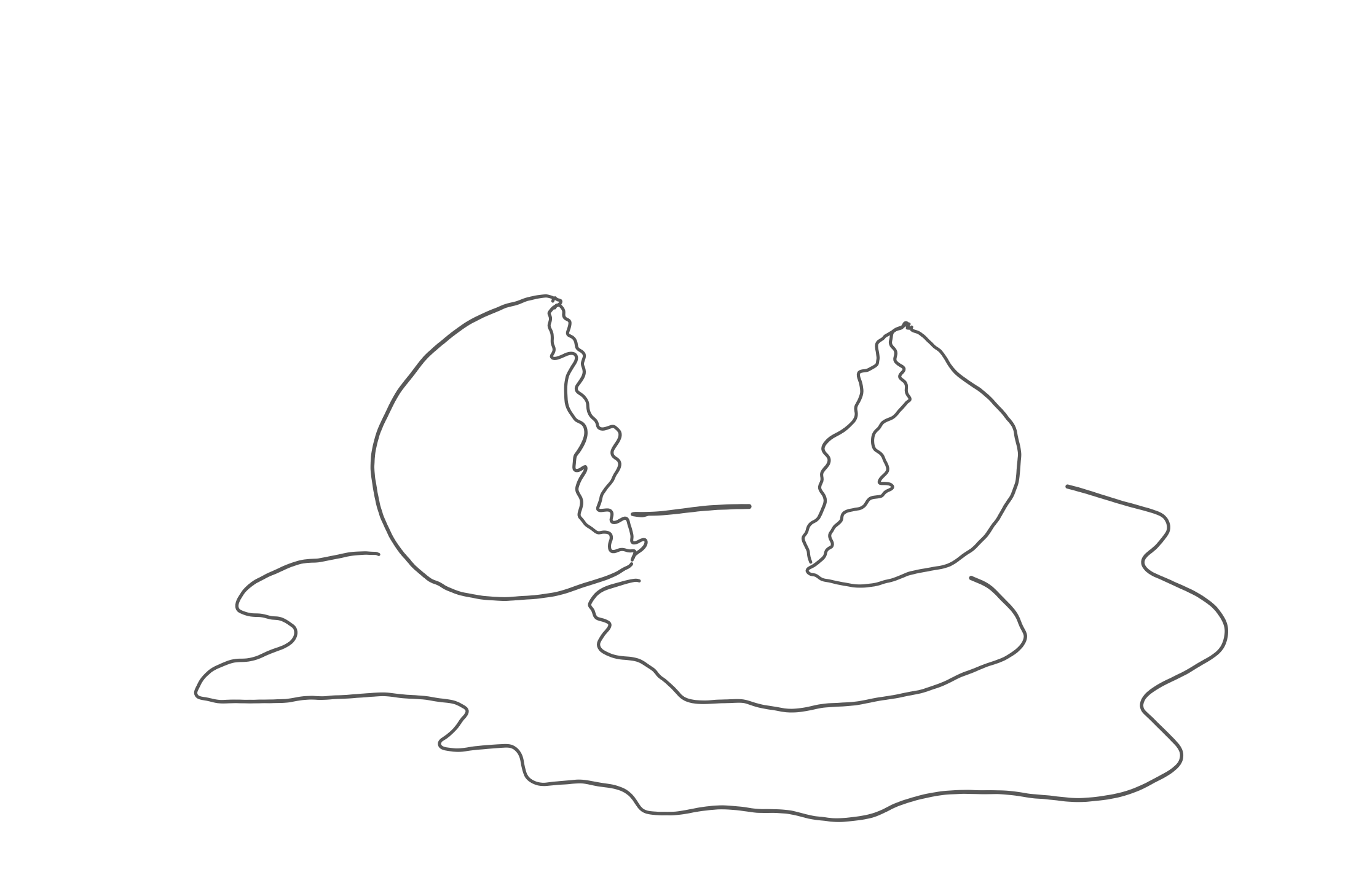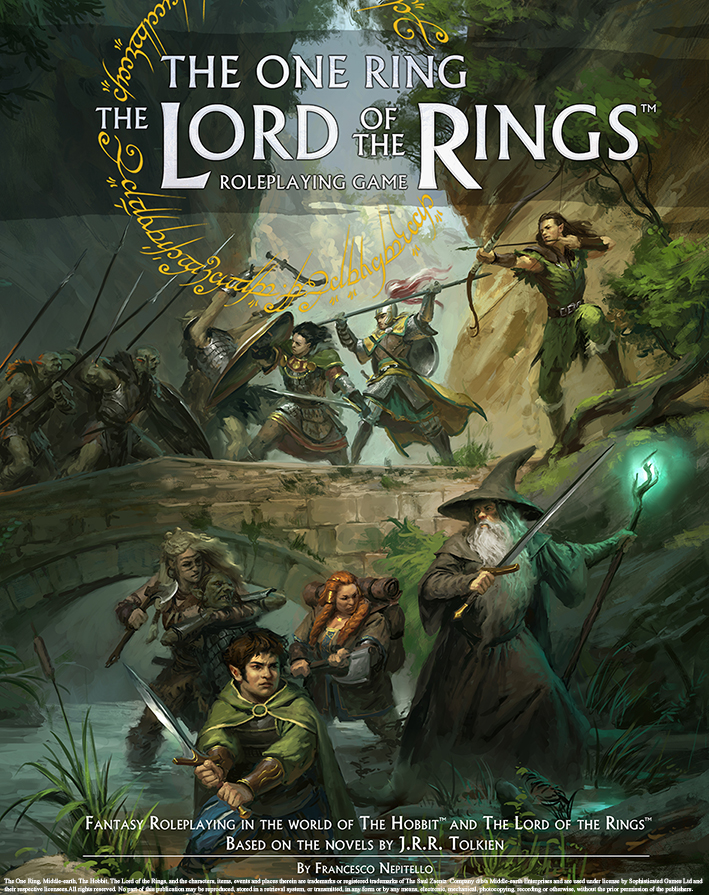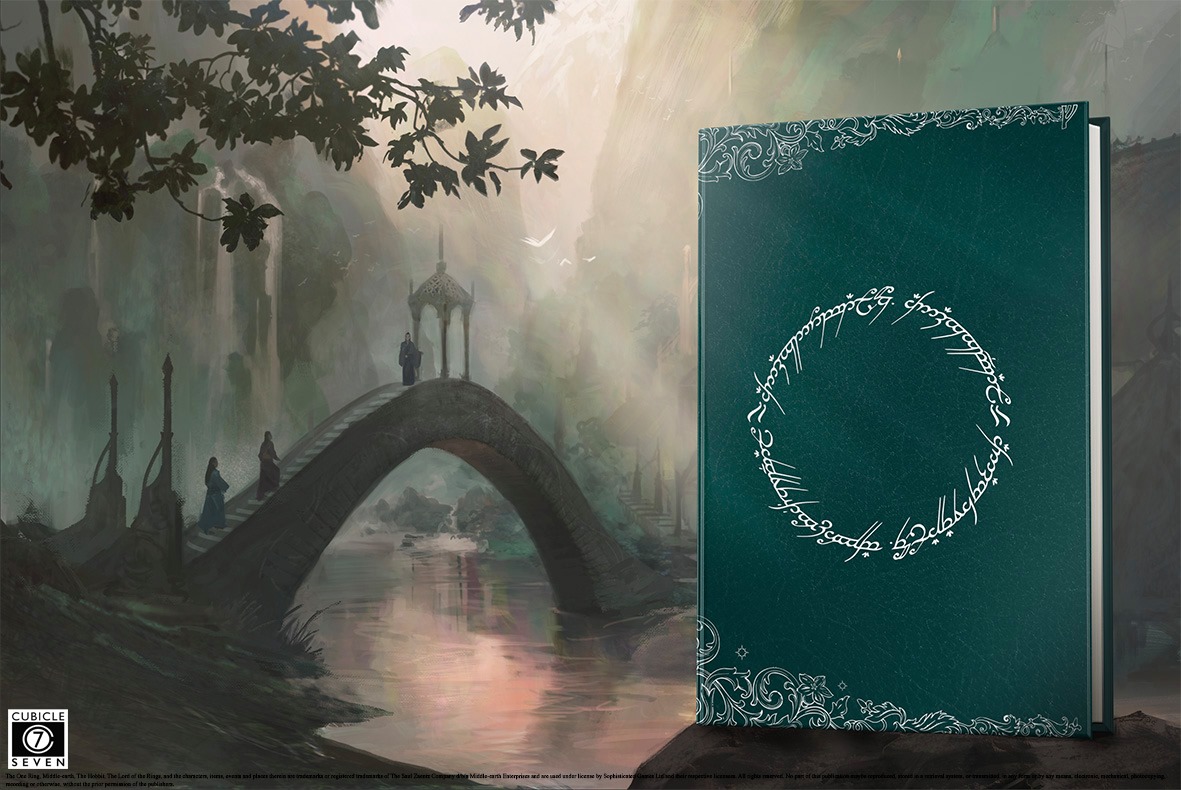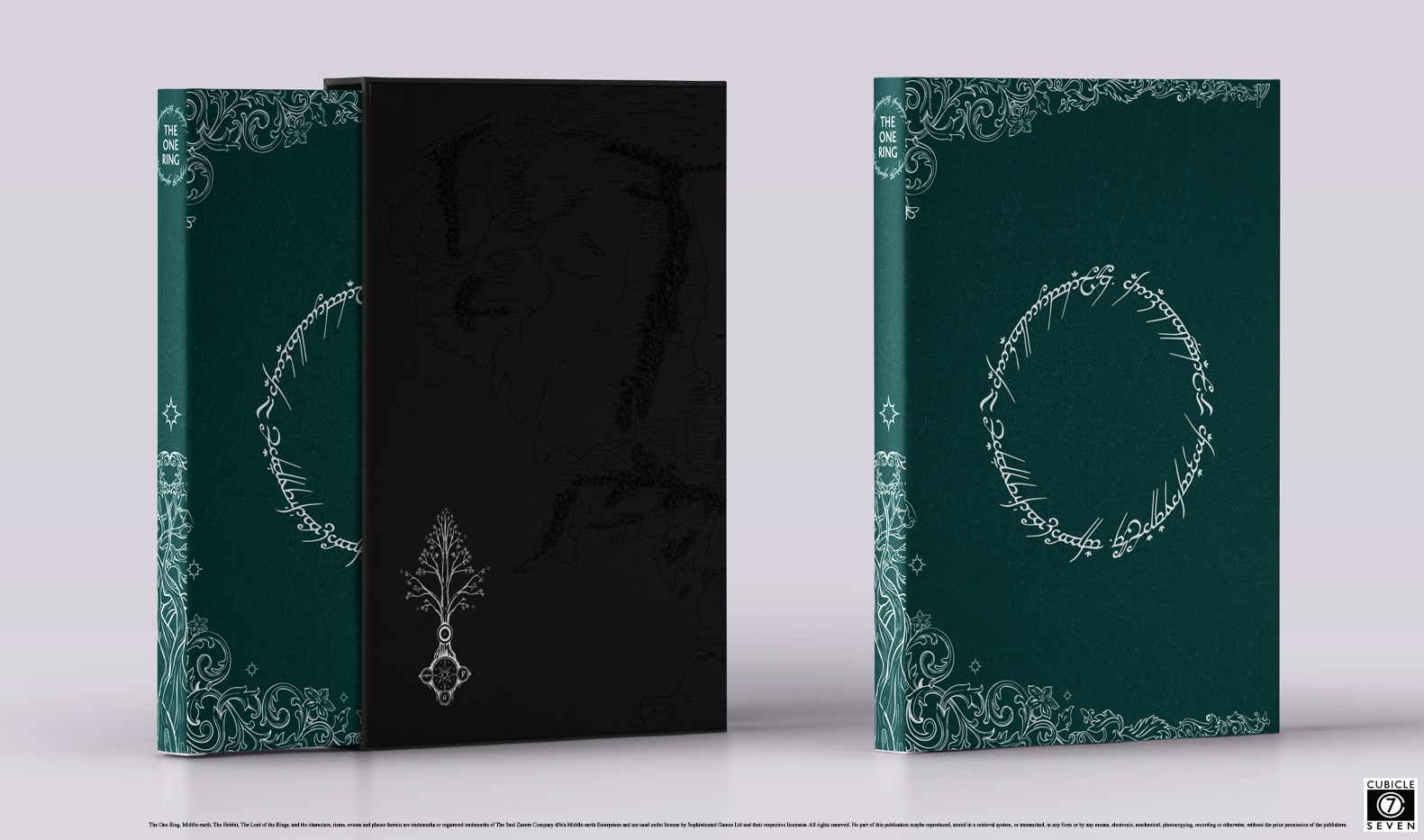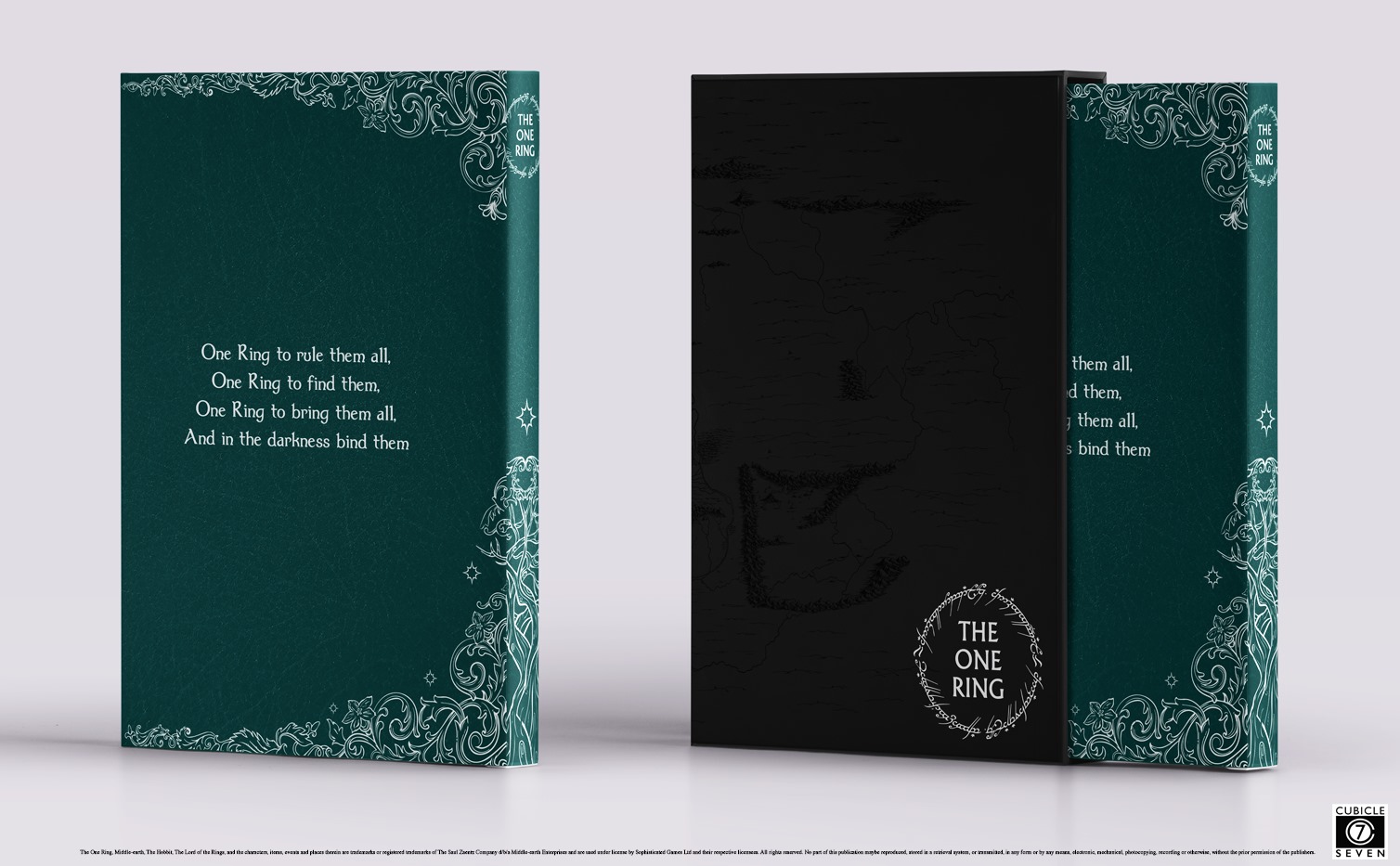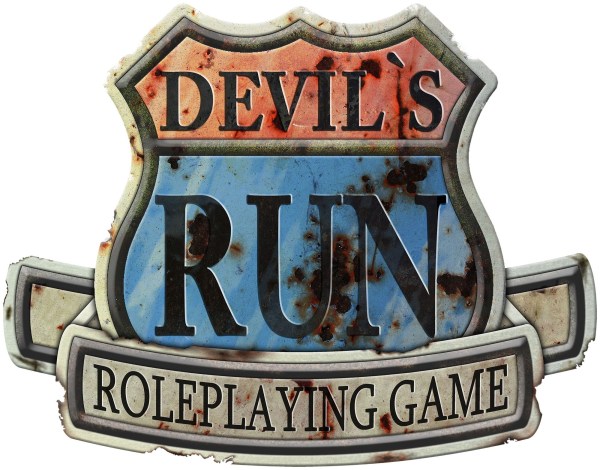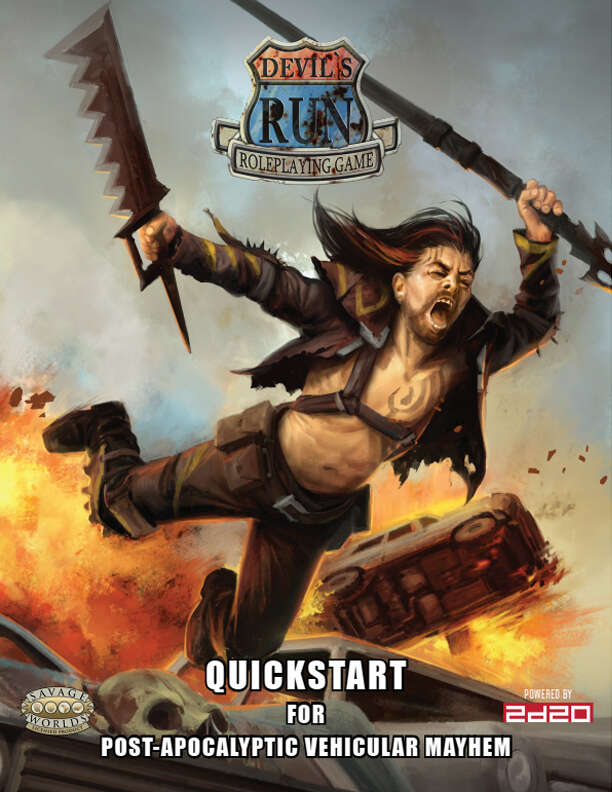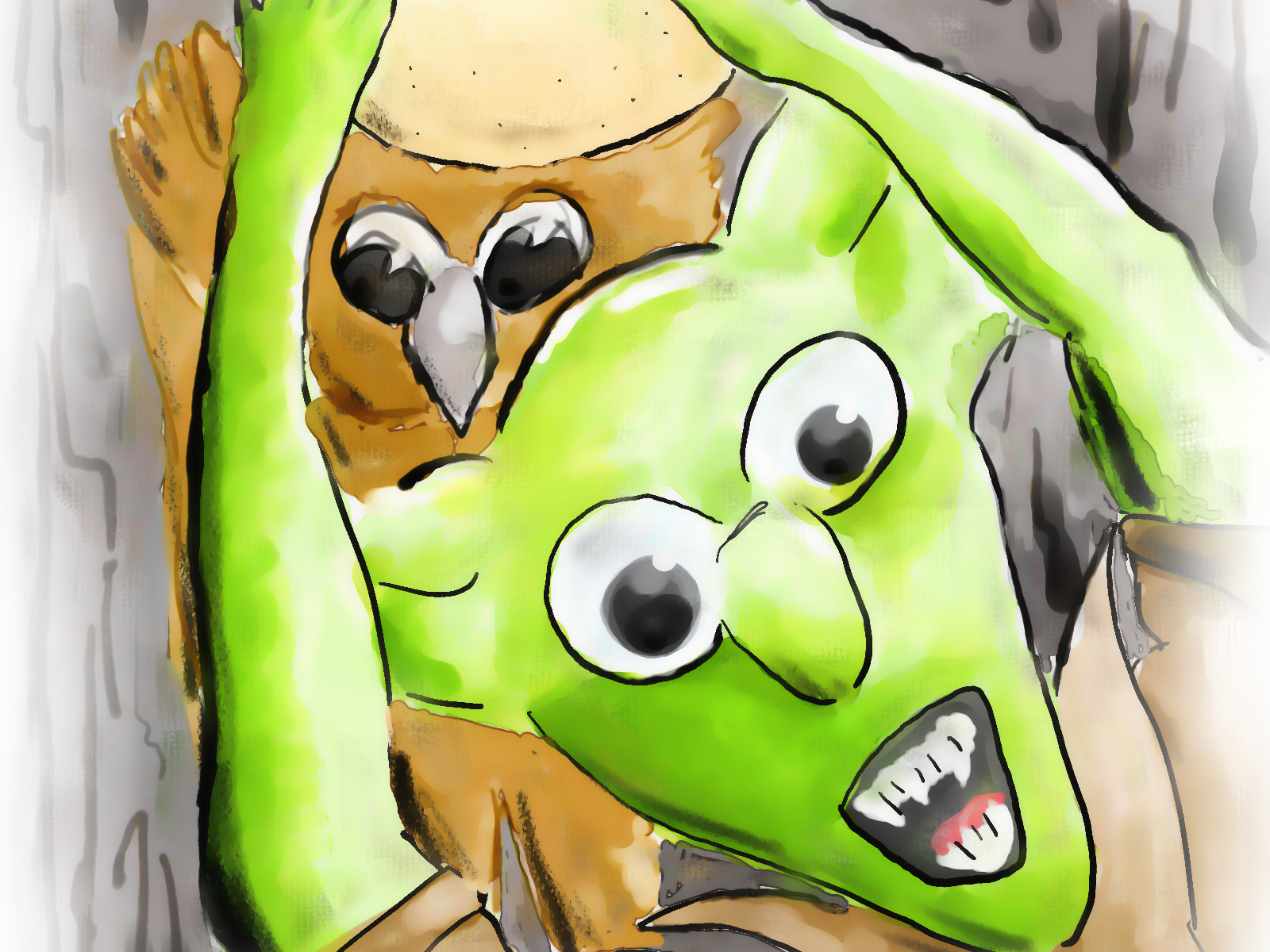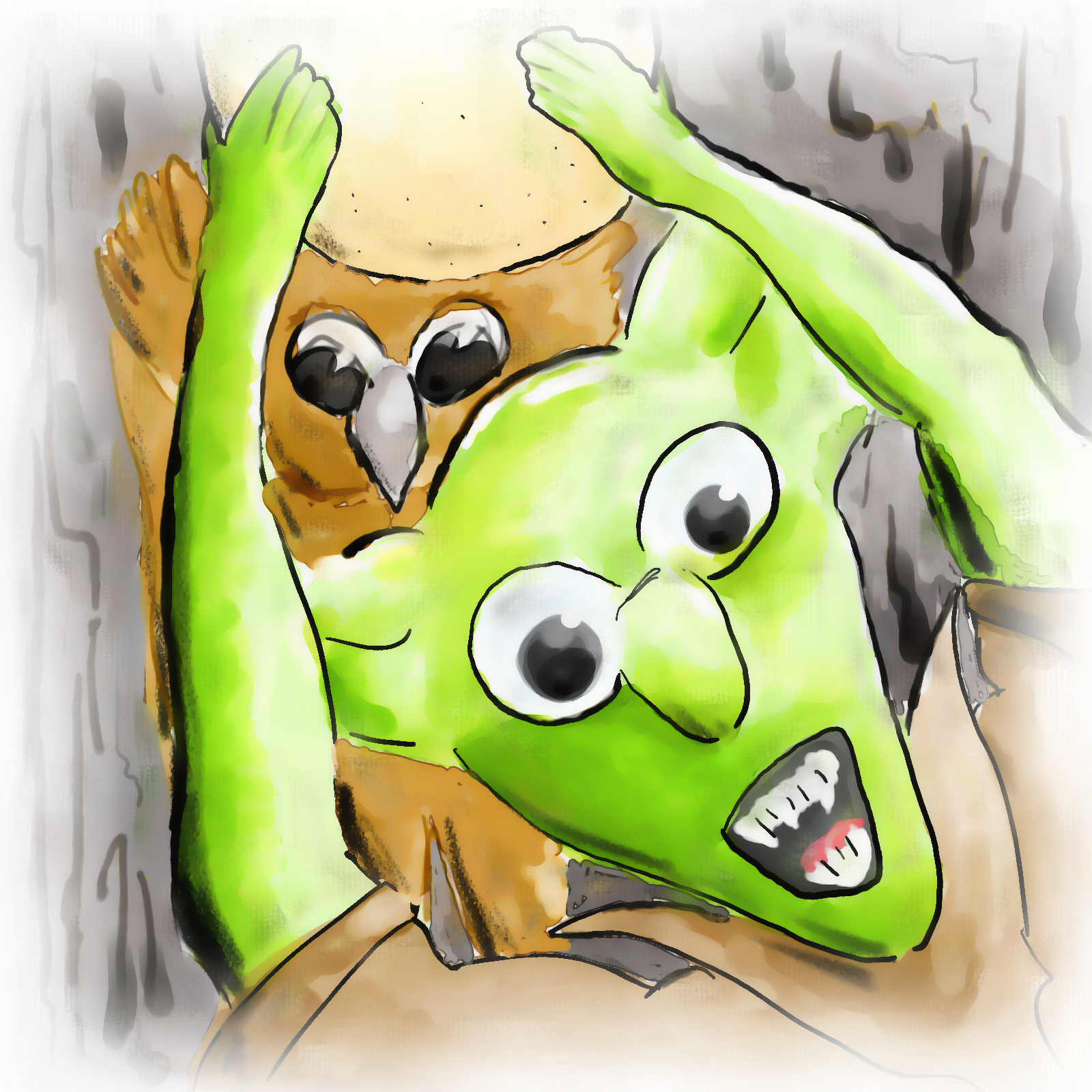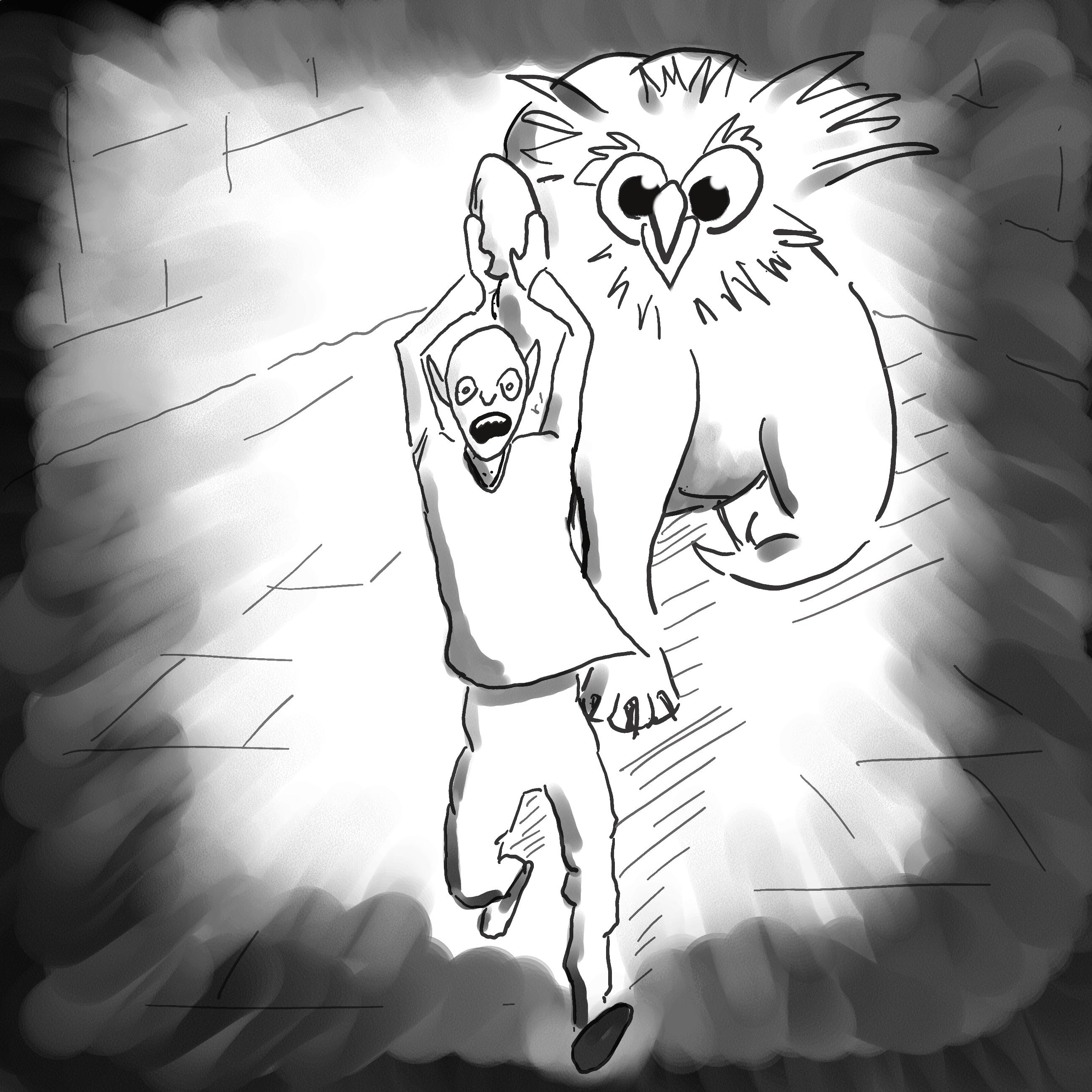I’m working with a co-designer on a series of card and board games. It happened fairly quickly:
Karl: “Did you want to work with me on this design.”
Me: “Hell yes.”
Us: <Initiate torrential stream of concepts/>.
Karl (of Ark Angel Games) and I quickly found three core concepts to explore, all originally centered around the use of transparent cards that Karl had concocted. How things have changed in the months since.
Iteration, playtest, iteration, playtest, iteration, playtest. Two of the three are on version 3 or 4, while one is on version 11.
Some of these have come together quickly, feel close to being ‘right’, one is a work in progress, still missing a core something. All of them have changed, as is only good and right.
It’s like finding a path through a jumbled and dark room, ironically, one that you yourself have created. Feeling for what’s in front, trying to find the light switch. Once the light switch has been located of course, it’s not the end, oh no! The room needs to be surveyed, assessed, ordered, tidied, and made presentable.
At different points throughout the iterations I feel like I’ve found the light switch, but the playtest to follow reveals I have, in fact, found nothing of the sort. Things work differently in the mind to how they play out on the table, and that, while obvious, highlights *again* the vital role that playtesting has in the design process.
I have a brilliant idea! It will work! It will be glorious! It will add depth, and strategy, and… <initiate playtest/>… it just doesn’t work at all. How did I not see that!
Time and again we have come back to one or other of the games and asked ourselves – what do we want this game to achieve? If this game were on a shelf next to other games of a similar weight and a similar depth, what would those games be? What is the target audience? What other games do the people who will play this game play? Knowing the destination is vital to keeping it on track. But, by the same token, being open to a change in destination is also important.
Working with a co-designer has been a great experience. The ability to bounce ideas, come at things from other angles, and play to different strengths has been fantastic. If we have a tendency to spin one idea into three, that’s ok, I’m confident that one or more of these is going to turn out great!
